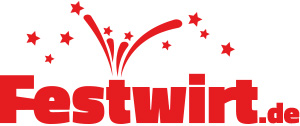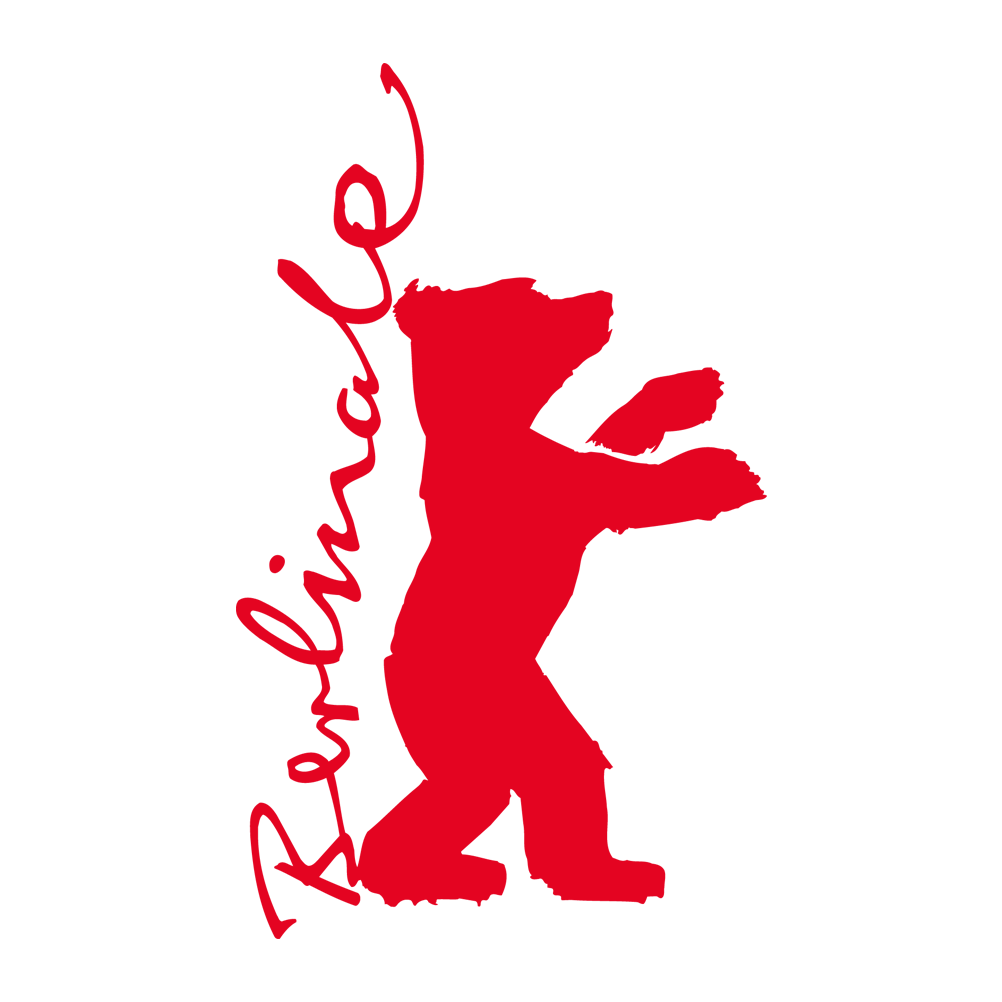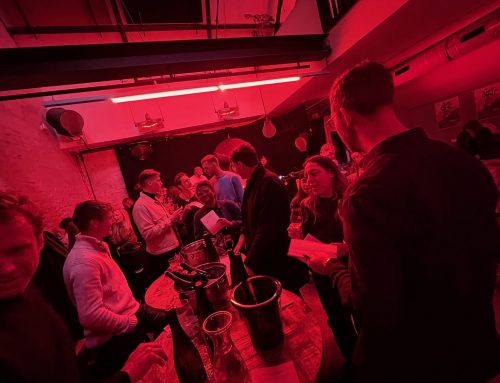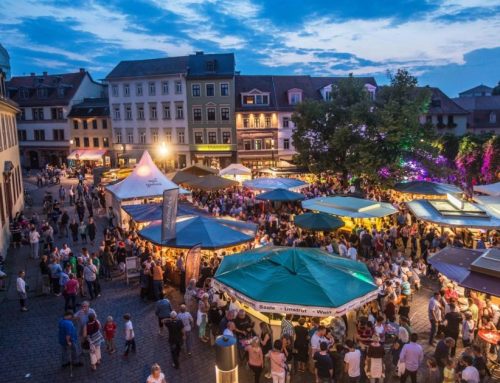Officially known as the Berlin International Film Festival, or in German Internationale Filmfestspiele Berlin. But everybody knowns it as the Berlinale. Founded in West Berlin in 1952 and held annually in February since 1978. Considered one of the “Big Three”, along with those in Venice and Cannes.
Unlike the prize figures that you are used to seeing in other awards, this one has the figure of a bear and the most valuable one is the one forged in gold. This “Golden Bear” and the “Silver Bears” are for the best director and the best performance, both female and male. At the same time the Honorary Golden Bear is also awarded for a lifetime of director, actor or actress.
Being called one of the “Big Three” is not a coincidence, this event sells 300,000 tickets and 500,000 admissions each year, because of this, it has the highest attendance of any annual film festival.
Talking about numbers… there are 400 films that are shown in various sections of film genres in each edition. This event is a category “A” festival accredited by the International Federation of Film Producers Associations (FIAPF) together with the Venice and Cannes festivals.
Now let’s go back in time, to the beginning in 1951:
The Berlin International Film Festival was done during the summer. On June 6, 1951 Alfred Hitchcock’s Rebecca, starring Joan Fontaine and Gary Grant, opened the first Berlin International Film Festival (already dubbed the “Berlinale”) in the Titania-Palast cinema in West Berlin. With much of Berlin still in ruins from the recent war, Fontaine came to Berlin as the festival’s first “star guest.”
In the early years, the Berlinale really struggled to survive due to the difficult post-war conditions. In particular the German films, which had a hard time gaining favor with the public or the press. Years later in 1955 a German film was awarded with the Golden Bear for the first time since the festival began.
Some help was needed:
That is right, the event got the help of Oscar Martay, who was a “film officer” in Berlin. Thanks to the efforts of this man the biggest German film festival became real. Martay also used his influence to push the American military administration to help fund the festival with loans during the initial years of the Berlinale. He was one of the first recipients of the festival’s now-famous Golden Bear award in 1951 for his efforts. After leaving the army Martay stayed in Germany, working in film production. He married German actress Renate Barken in 1955.
The Zoo Palast:
Later in 1957 the Berlinale got a brand-new festival venue, The Zoo Palast Kino across from the Zoologischer Garten train station. The Zoo Palast would remain the Berlinale’s central location until the festival’s move to Potsdamer Platz in 2000. But political and financial strains were weakening the Berlinale. It was a problem that Alfred Bauer (1911-1986), the director of the Berlinale until 1976, always dealt with.
The event has always been unique among major film festivals in the way it encourages public participation. Also considered the world’s largest by attendance, because of this, is often difficult to get tickets for certain films.
The latest films that have won the Golden Bear:
2010 Turkey 🇹🇷: Bal (Honey).
2011 Iran 🇮🇷: Nader and Simin, a separation.
2012 Italy 🇮🇹: Caesar Must Die.
2013 Romania 🇷🇴: Child’s Pose.
2014 China 🇨🇳: Bai ri yan huo.
2015 Iran 🇮🇷: Cab.
2016 Italy 🇮🇹: Fire in the sea.
2017 Hungary 🇭🇺: On Body and Soul.
2018 Romania 🇷🇴: Don’t touch me.
2019 France 🇫🇷: synonyms.
2020 Iran 🇮🇷: The lives of others.
2021 Romania 🇷🇴: Babardeala cu bucluc sau porno balamuc.







Leave A Comment